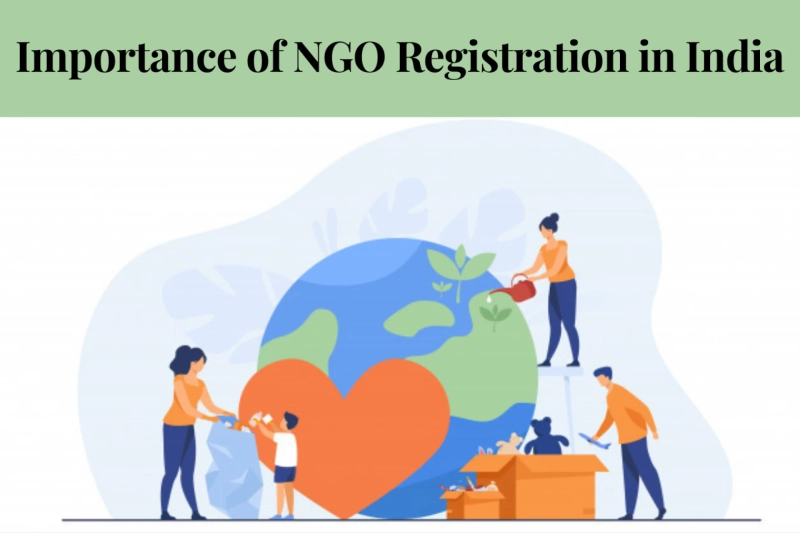Importance of NGO Registration in India
NGO stands for Non-Government Organization is a non-profitable organization, a group of activists, social workers, and voluntarily working for a good charitable cause. The main ...


NGO stands for Non-Government Organization is a non-profitable organization, a group of activists, social workers, and voluntarily working for a good charitable cause. The main ...

